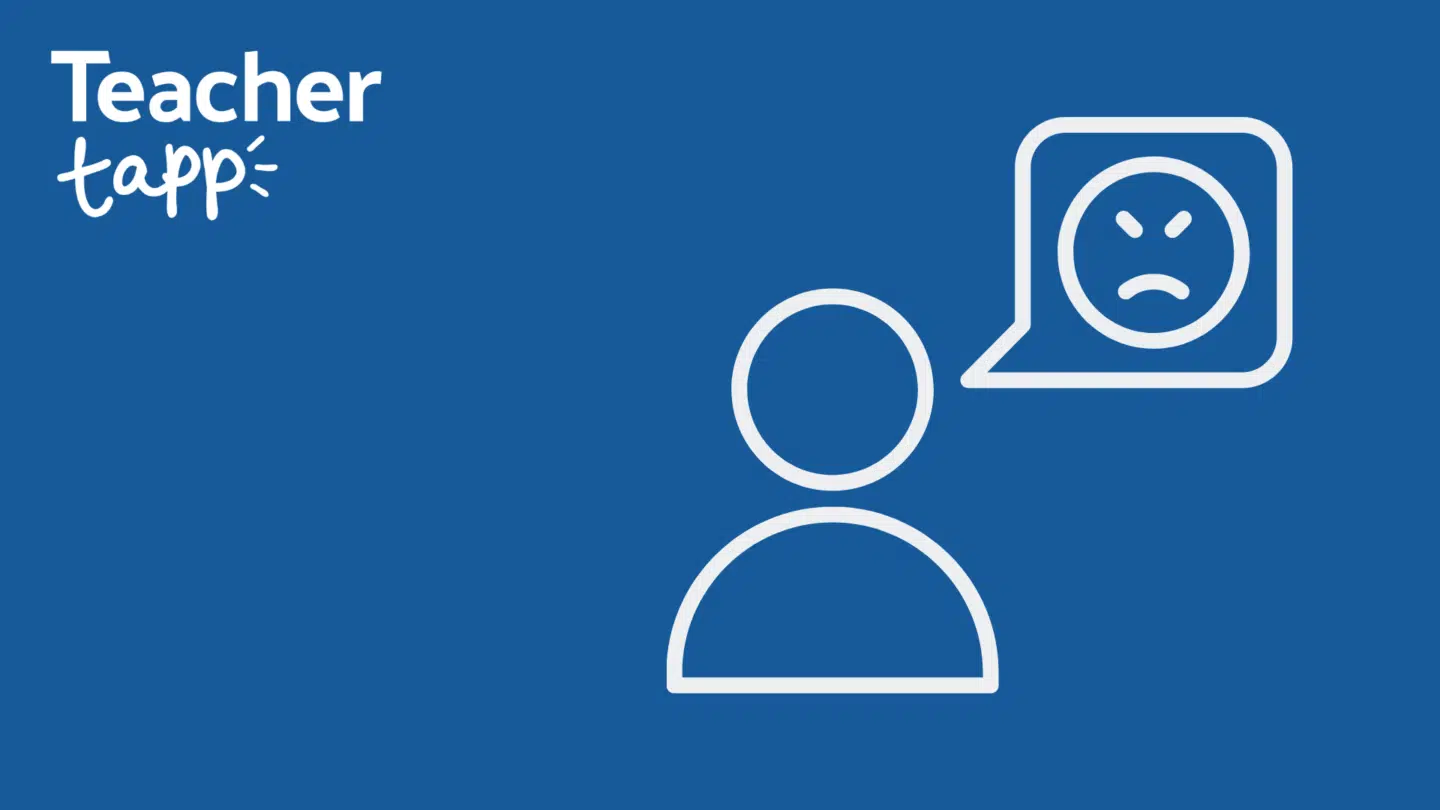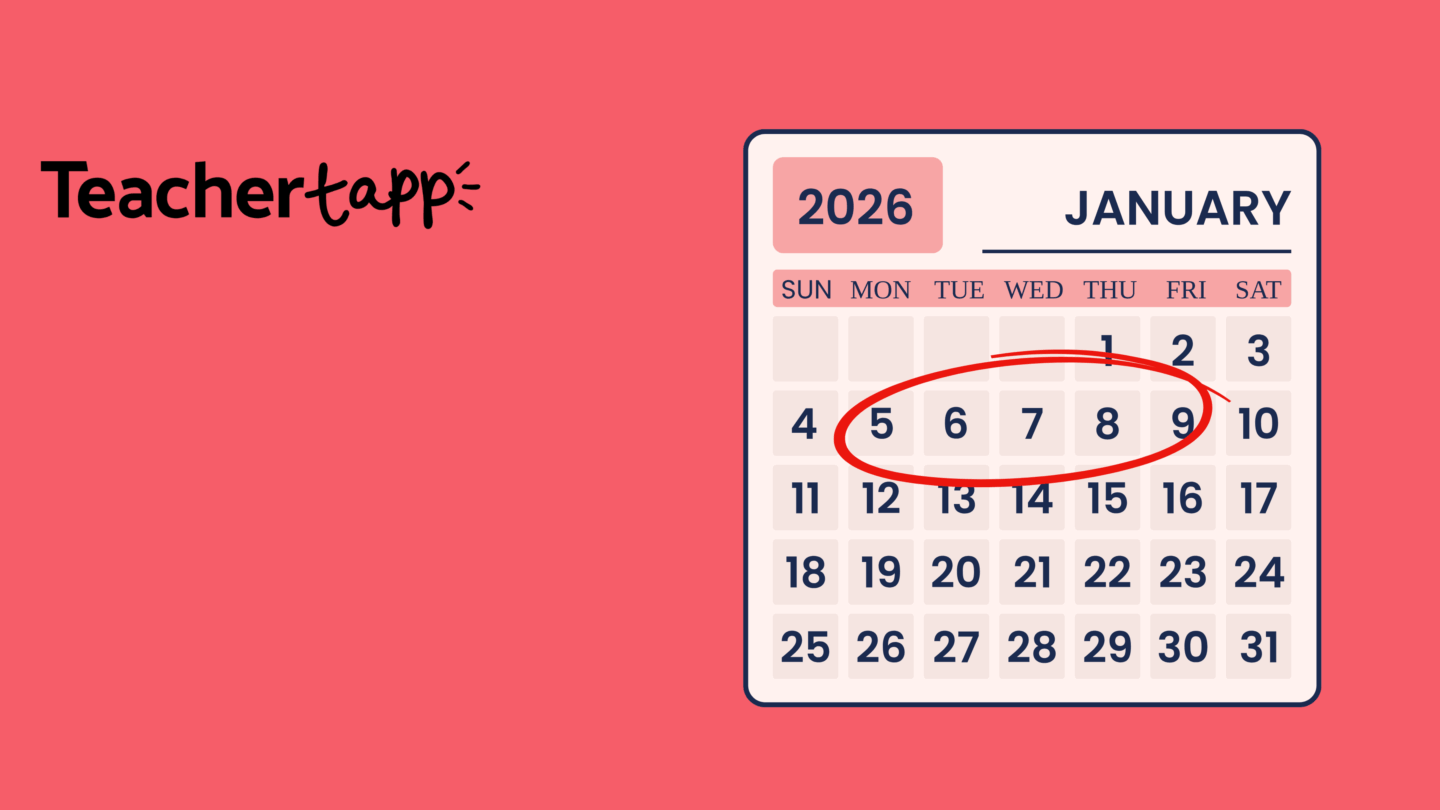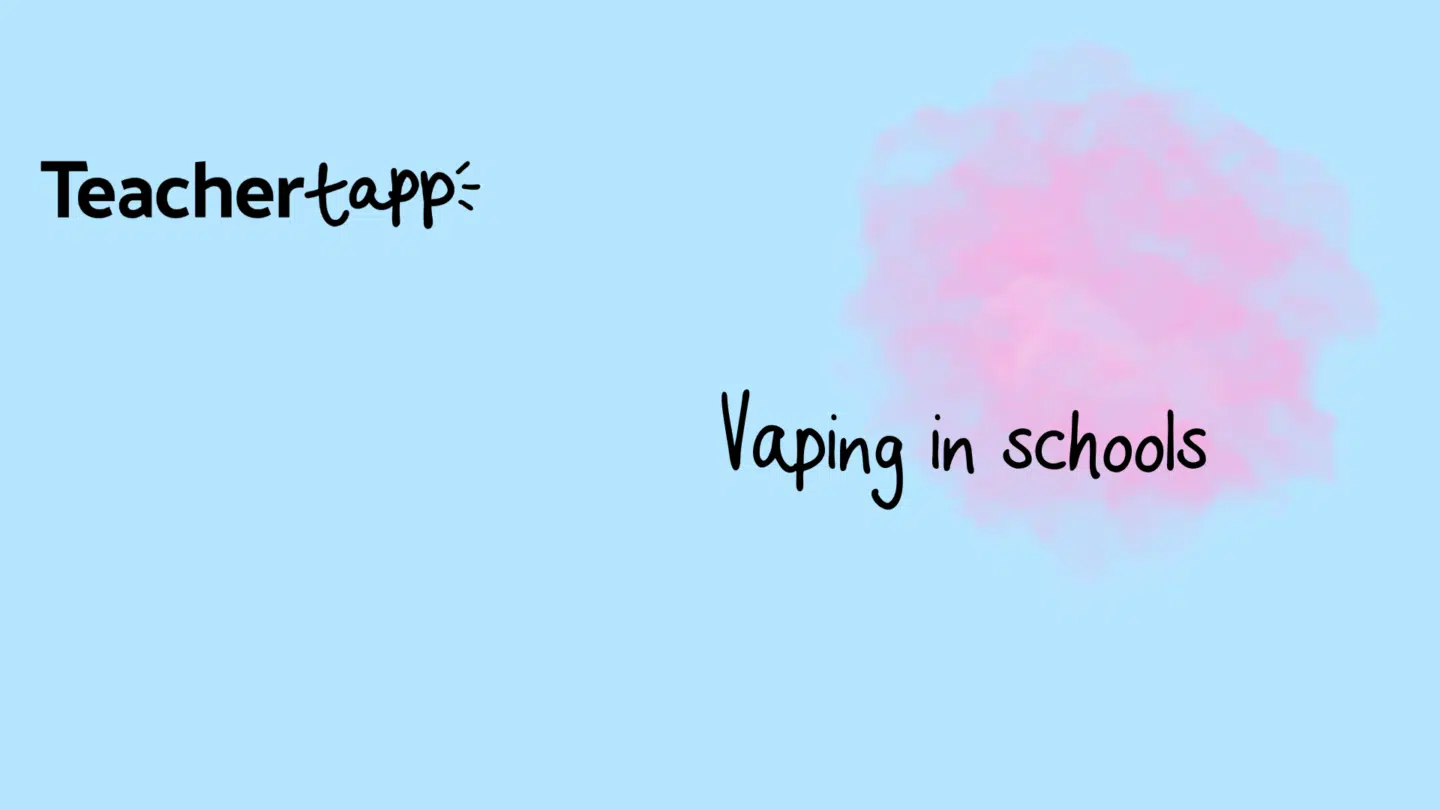
Hello, Tappsters!
Is rain better than sunshine? Always a tough question this time of year. Rain, grim. But heat in the classroom? 🥵
Whatever the weather, we’ve learned some new things this week… let’s crack on!
1. AI In Reports: Hot or Not?
It’s report season – and if you’re feeling suspiciously productive this year, it might be because you’ve had a little help from ChatGPT.
A primary headteacher recently got in touch: what are schools doing about AI in reports? Allowing it? Banning it? A policy?
So we asked the primary tappers. (Secondary: too many of you do other types of reports and it gets complex).
The most common answer was: no idea. Over half of teachers said their school has no policy whatsoever on whether AI can be used in report writing. Not “don’t know”. A straight-up, it doesn’t exist.
A third of you (33%) said AI use is explicitly allowed. But only 13% said there were any rules for its use. The rest can do what they like!
Only a tiny proportion, 5% of schools, have drawn a hard line and banned it.

Where it gets classically revealing is when comparing roles. 27% of headteachers believe their school allows AI with specific rules—yet just 11% of classroom teachers say the same.
We’ve seen this ‘Policy Gulf’ pattern hundreds of times at Teacher Tapp. Policies get written by headteachers, so they are aware of them. But filtering it down to classrooms is messier. Teachers then end up operating in grey zones even when there is clarity somewhere.
Still, in half of schools, some teachers are using it—quietly hoping it sounds enough like them not to get in trouble if a leader suddenly changes tack.
2. Trophies for Pupils… Silence for Staff? 🏆
We’re approaching that point in the summer term when certificates are frantically printed, trophies dusted off, and at least one child gets a “Most Improved in PE” badge despite not taking part since February. But outside the flurry of end-of-year celebration, how is recognition given?
In primary schools, 62% give out a weekly ‘Student of the Week’-style award. In secondary, that figure drops sharply to just 21%—with over half (53%) of secondary teachers saying their school doesn’t run regular student awards at all.
Staff awards are even patchier. Just 6% of primaries and 16% of secondaries say their school runs weekly staff shout-outs or awards. For most, appreciation is either occasional—or nonexistent.
On Teacher Tapp US, we found that staff recognition is more routinised. Around a third of teachers say their school gives out regular appreciation awards.
Why might people not want to do awards? Questions around fairness and whether the same few people get rewarded again and again can be a problem. All of which does prompt the question: what would it look like to celebrate effort and contribution in ways that feel fair, meaningful, and sustainable? Any ideas (or blogs)? Please send them us at hello@teachertapp.co.uk
3. Book Scrutiny
Are book scrutinies still a thing? A few years ago they were all the rage. But as Ofsted shifted its focus, so have some senior leaders.
This term, 4% of primary tappers said their books were being scrutinised weekly and 13% fortnightly or more, and a quarter of you face scrutiny at least half-termly.
In secondary schools, book scrutiny is more rare. In fact, 1 in 5 secondary teachers stated that scrutiny never occurs for them—compared to just 8% in primary education.
Scrutiny levels were higher in 2019—but only slightly. The big shift has been from schools doing them half-termly to other intervals: termly, a couple of times, or just once a year. Otherwise, the percentage doing them weekly has held steady at 3% and while the proportion never doing them has doubled, it’s still only 15%. Unlike other relics of the past – eg graded lesson observations – this one hasn’t disappeared. But it’s softly decreasing.
4. CEO Pay💰
Every so often, a trust CEO’s salary makes the headlines—and many teachers quietly wince.
Since 2017, we’ve been asking teachers what they think would be a reasonable amount for MAT CEO pay. Back then, the median weekly wage across the UK was £550. It’s now £748—a significant jump driven by inflation, minimum wage changes, and post-pandemic pressures.
And yet, teachers’ views on CEO salaries remain similar. 39% say trust CEOs should earn no more than £100k, and 75% want a cap at £150k or below.
There are phase differences. Primary teachers are far more sceptical: 47% say £100k should be the limit, compared to 31% of secondary teachers. At the other end, 4% of secondary teachers say there should be no cap or that CEOs should earn over £300k—versus just 3% in primary.

This isn’t surprising. Secondary teachers are more likely to work in large, centralised trusts with huge budgets. Primary teachers often work in smaller settings, where the gap between classroom and CEO can feel more stark.
And then there’s the context: £300k could be a chunk of the entire staff budget in a small school. That comparison alone might explain why high executive pay, even when justified internally, can jar at ground level.
It’s not about whether trust leaders work hard (they do). It’s about the fact a sector built on concepts of public service will always struggle with high levels of executive pay.
5. Swimming: Everyone’s For It—Until You Have to Book a Pool 🏊
Swimming has long held a special place in the curriculum—a rare mix of safety skill, physical education, and national pride. So it’s no surprise that 64% of teachers want it to stay on the National Curriculum.
But that support is not without hesitation. 30% of you had reservations, mostly around staffing, cost, and logistics. And if you’ve ever tried to book a pool slot, arrange transport, and source enough adults to meet ratios, you’ll know exactly why.
Will it feature in the curriculum review due out in September? Only a few months until we find out! 😲

Daily Reads
Last week you were really keen readers! But the most-read blog was about Encoding by Tom Sherrington.
Have you seen a great blog you think would make a great daily read? Let us know by emailing england@teachertapp.co.uk and we will check it out!


